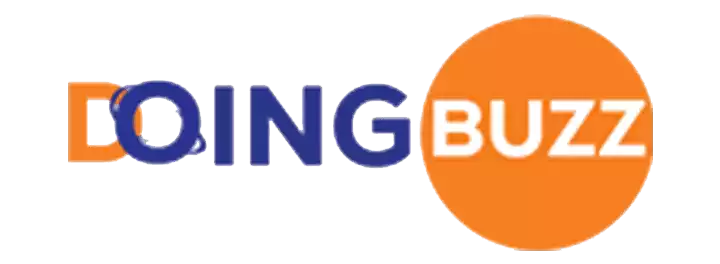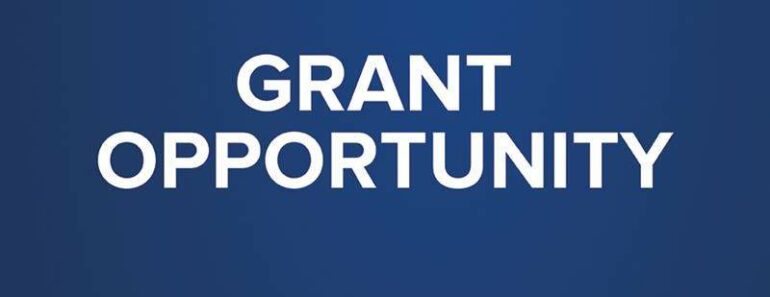Grant Competition to Increase Access to Justice for Women and Vulnerable Groups in Georgia
Deadline: 13 January 2020
As part of PROLoG Sub-purpose 4, PROLoG has announced a request for proposals (RFP) that aims to increase access to justice for vulnerable groups such as ethnic and religious minorities, women, children and people with disabilities and LGBT representatives.
The program targets are victims of domestic violence or forced marriage, victims of abuse, sexual harassment or discrimination on any other grounds (gender, religion, ethnicity, disability or sexual orientation, etc.). These objectives are to be achieved through supporting NGOs in providing strategic legal aid and awareness-raising activities for
- women
- ethnic and religious minority group
- children
- people with disabilities who are or may become at risk of suffering from violence or discrimination
- LGBTQ community representatives
The primary goal of the grant program is to help local organizations identify and pursue strategic litigation cases that promote the rights of the target groups before the Constitutional Court of Georgia; common courts or through international institutions (UN bodies; ECtHR). The litigation could include problematic areas such as: discrimination on the basis of gender, religion, disability, ethnicity or sexual orientation; enforcement of Georgia’s Law on Anti-discrimination; representation of violence victims (including issues related to ineffective investigation, low efficiency of law enforcement agencies, insufficient assistance to victims, etc.); assistance to those under threat of underage or forced marriage; discrimination at the workplace; discrimination based on mental/physical health; assistance to women denied inheritance and property rights; protection of minorities’ property rights; right to assemble, to a fair trial, to practice religion; etc.
The secondary goal of the grant program is to raise awareness of the problems that exist for women and members of marginalized groups to receive equal access and fair treatment from Georgia’s justice institutions and to advocate for non-discrimination and equality. This part of the project shall be limited to results-oriented activities that restore rights that have been infringed. A positive effect of these activities is likely to be that women and children, people with disabilities, minority groups and LGBTQ community representatives gain greater familiarity with justice institutions, leading them to demand a higher degree of responsiveness. Applicants should provide a detailed and results-oriented list of the activities for the advocacy and awareness raising elements of the project. The grant recipients are expected to communicate results and outcomes of strategic litigation to relevant government stakeholders and support establishment of the best practice.
Funding Information
The maximum budget for grants will be $50,000 with project activities lasting from 12 to 14 months. The applicants are required to provide cost share for the projects equal to 5-10% of the requested funding.
Grant funds may be used for the following:
- Expenses related to the collection of data and evidence;
- Direct costs for project-related events;
- Communication between partner organizations, e.g. phone, fax, e-mail;
- Pro-rated portion of salaries for key participants, e.g. director, accountant;
- Transportation of project participants;
- Purchase of a limited amount of equipment (e.g. fax, computer, software) and stationery;
- Other expenses directly related to project implementation, e.g. court fees.
Grant funds may be used only for activities directly related to the implementation of a grant project. Grant funds cannot be used for on-going expenses, construction expenses, the purchase of real estate, or an organization’s debt. A clear justification must be provided for project staff salary levels and hours dedicated to project activities.
It is required to provide a cost share in the amount of 5% of the funds requested from PROLoG. Higher contributions are welcome.
Eligibility Criteria
- An NGO legally registered in Georgia may submit an application.
- NGOs working with women, LGBTQ, remote regions, and ethnic minorities are encouraged to apply.
Selection Criteria
Grants will be awarded to projects exhibiting the following:
- Demonstrated need for strategic litigation on the proposed subject matter;
- Demonstrated need for strategic litigation for the proposed segment of the population;
- Qualified cadre of legal professionals, which includes experience before the Constitutional Court or European Court of Human Rights;
- Qualified cadre of professionals, separate from those providing legal aid, to deliver training and conduct other awareness building activities;
- Proven record of providing legal services to the predetermined segment of the Georgian population, or a clearly substantiated capacity to provide these services if it will be a new activity for the organization;
- Innovative, results-oriented, and feasible action plans;
- For the public awareness component of the project, a plan explaining how activities will actually increase public awareness of the legal means to protect basic rights, including the services offered by the applicant;
- Cooperation between two or more regional NGOs will be considered;
- For Tbilisi-based organizations, partnership with a regional NGO will be considered a plus.
The following general criteria will also be used to assess the projects:
- Degree of compliance with the objectives and requirements of the competition (10%);
- Scope and relevance of the project’s impact (10%);
- Effectiveness of project methodology (20%);
- Innovativeness of strategies and approaches, including demonstrated partnerships with other NGOs (10 %);
- Cost-effectiveness of the project and proposed co-funding (10%);
- Effectiveness of the monitoring and evaluation plan. Applicants are expected to provide information on the quality assurance mechanisms and methods for collecting feedback from beneficiaries (5%);
- Sustainability of the project (please note that sustainability can refer to activities, structures, knowledge, and outcomes that result from project implementation) (5%);
- Organization’s capacity to implement the project as demonstrated by: (a) the relevant qualifications of proposed personnel; (b) past successful experience in the field; and (c) capacity of project leadership to manage a grant-funded project and its finances effectively (30%).
The following program activities cannot be supported by EWMI-PROLoG:
- Support for or lobbying on behalf of a particular political party;
- Religious activities; however, EWMI-PROLoG may support a religious organization for non-religious aims if its proposal corresponds to project objectives;
- Humanitarian activities;
- Theoretical research;
- Individual or group travel grants; or
- Capital construction projects for commercial purposes.
For more information, visit http://ewmi-prolog.org/en/grants/grants_competitions/1223-call-for-grant-competition-to-increase-access-to
Lancez-vous dans une nouvelle aventure avec DoingBuzz
Découvrez une multitude d'offres d'emploi et de bourses d'études adaptées à votre parcours.
Newsletter
Abonnez-vous et accédez à tous nos articles en premier !













